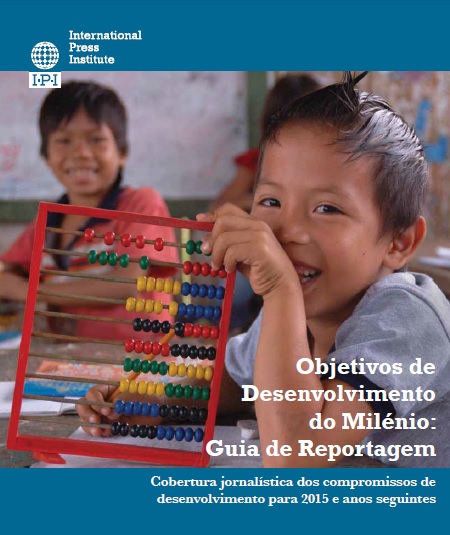The Australian Federal Police (AFP) announced on Wednesday that it has initiated a war crimes investigation into the murder of five journalists collectively known as the “Balibo Five,” in East Timor in 1975 – a notable development in a crime for which so far no one has been held responsible, or prosecuted.
A Radio Australia Online article distributed by Pacific Media Watch on Friday said Indonesian President Susilo Bambang Yudhoyono had warned that inaccurate investigations into the killings of the Balibo Five newsmen could harm relations with Australia.
For over 30 years, IPI has repeatedly highlighted the impunity from which the murderers have benefited, and the absence of any thorough investigations into the murders. Resolutions passed at IPI World Congresses in 1976, 2006, and 2009 underscored IPI’s continuing concerns.
On 16 October, 1975, five Australia-based television journalists and cameramen – Gary Cunningham, Brian Peters, Malcolm Rennie, Gregory Shackleton and Tony Stewart – were investigating reports of Indonesian infiltration into East Timor, and were filming a covert Indonesian military attack on the East Timorese village of Balibo, when they were killed. A sixth journalist, Roger East, travelled to East Timor in the weeks that followed to investigate the fate of his five colleagues, who had been declared missing. East was last seen on 8 December 1975 as Indonesian soldiers dragged him across the main square of the East Timor capital of Dili, his hands bound behind his back. Soldiers later killed him along with Timorese civilians on the city’s wharf.
The Indonesian government has refused to prosecute its forces in connection with the journalists’ deaths, stating that the journalists were caught in crossfire. However, a November 2007 coroners’ inquiry, from the Australian region of New South Wales, into Brian Peters’ death found that a group of soldiers led by Indonesian Special Forces captain Yusuf Yosfiah ordered the deaths of the journalists to prevent evidence of Indonesia’s covert war on East Timor from being shown to the world. These findings were based on witnesses’ reports. Yosfiah went on to become a general and eventually Indonesia’s Information Minister between 1998 and 1999.
“After decades in which the truth has been denied and impunity allowed to flourish, we welcome the opening of this war crimes investigation,” said IPI Director David Dadge. “However, we note that it is but a first step. We will only be truly satisfied when we see those responsible for the murders brought to justice.”
A long judicial process remains ahead. The Australian Federal Police, in a statement on its Website, said: “If the investigation reveals sufficient material to compile a brief of evidence of criminality or a real possibility of criminality, then the AFP will refer that information to the Commonwealth Director of Public Prosecutions (CDPP). It is then a matter for the CDPP to consider, in accordance with the Prosecution Policy of the Commonwealth. The standard of proof in a criminal proceeding is high, and differs from that of a coronial inquiry.”
During the presentation of the film “Balibo,” at the IPI 2009 World Congress in Helsinki, Finland, director Robert Connolly said: “The murder of journalists is the murder of truth. On this 10th anniversary of East Timor, the film ends by celebrating it.”
“Balibo” recreates events surrounding the shooting of the five journalists and premiered in July this year.

